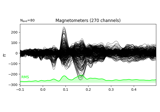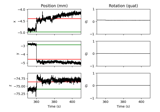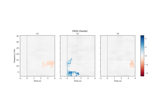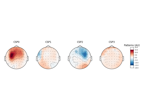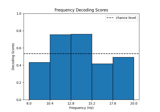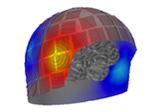mne.concatenate_raws¶
- mne.concatenate_raws(raws, preload=None, events_list=None, *, on_mismatch='raise', verbose=None)[source]¶
Concatenate
Rawinstances as if they were continuous.Note
raws[0]is modified in-place to achieve the concatenation. Boundaries of the raw files are annotated bad. If you wish to use the data as continuous recording, you can remove the boundary annotations after concatenation (seemne.Annotations.delete()).- Parameters
- raws
list List of
Rawinstances to concatenate (in order).- preloadbool,
str, orNone(defaultNone) Preload data into memory for data manipulation and faster indexing. If True, the data will be preloaded into memory (fast, requires large amount of memory). If preload is a string, preload is the file name of a memory-mapped file which is used to store the data on the hard drive (slower, requires less memory). If preload is None, preload=True or False is inferred using the preload status of the instances passed in.
- events_list
None|list The events to concatenate. Defaults to
None.- on_mismatch‘raise’ | ‘warn’ | ‘ignore’
Can be
'raise'(default) to raise an error,'warn'to emit a warning, or'ignore'to ignore when the device-to-head transformation differs between instances.New in version 0.24.
- verbosebool |
str|int|None Control verbosity of the logging output. If
None, use the default verbosity level. See the logging documentation andmne.verbose()for details. Should only be passed as a keyword argument.
- raws
- Returns
